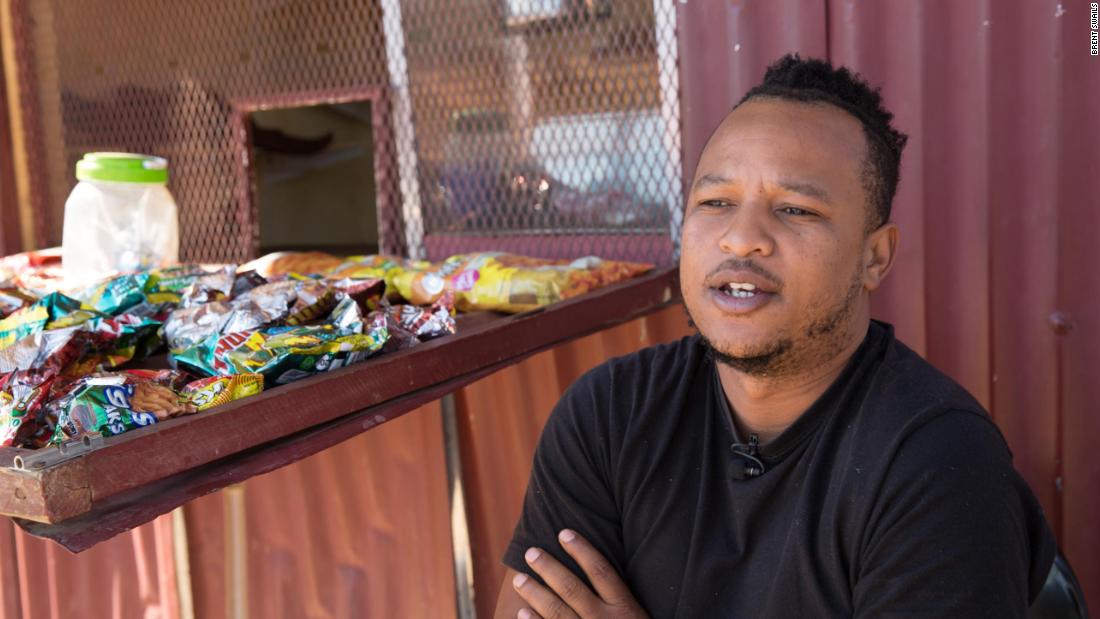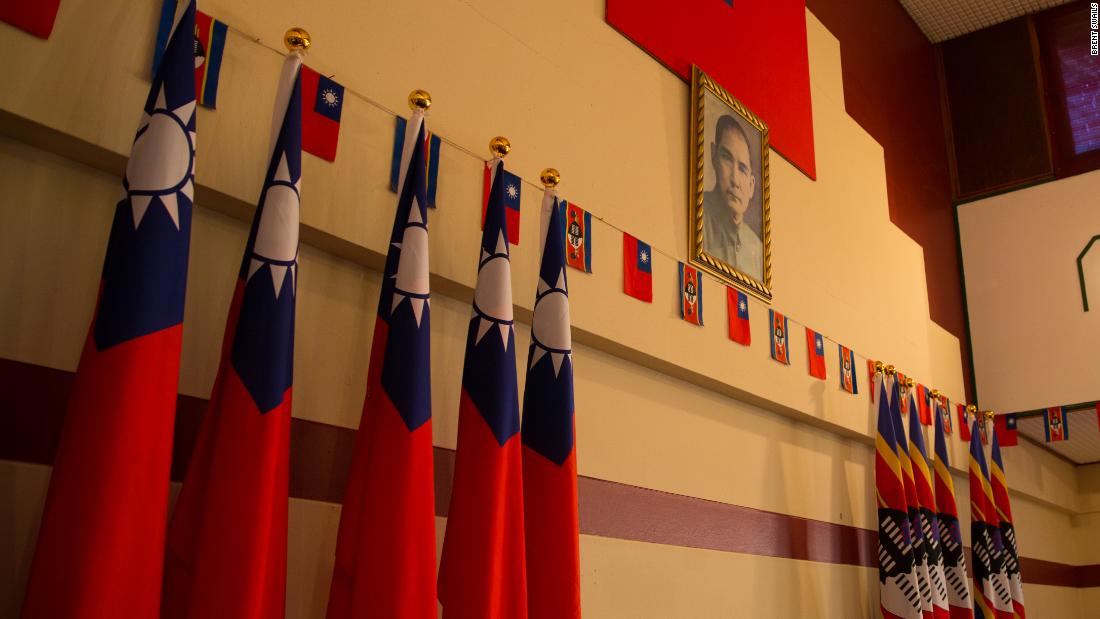President Tsai Ing-wen Calls on Beijing to Treat Taiwan as a Sovereign State
By Hsia Hsiao-hwa and Chung Kuang-cheng

President Tsai Ing-wen talks during a graduation ceremony for the Investigation Bureau agents in New Taipei City, Taiwan, December 26 , 2019.
President Tsai Ing-wen said on Wednesday that the democratic island would only deal with China on an equal footing, and would continue to insist on its freedom, democracy and sovereignty in the face of a growing threat from Beijing.
In her 2020 New Year's Address on Jan. 1, President Tsai called on China to recognize the existence of the Republic of China, founded after the fall of the Qing Dynasty in 1911 and relocated to Taiwan after Chiang Kai-shek lost the civil war to Mao Zedong's communists in 1949.
She said China has used diplomatic offensives, military threats, interference and infiltration to try to force the island to compromise its sovereignty.
But President Tsai said Taiwan would never agree to becoming part of the communist People's Republic of China.
"Democracy and authoritarianism cannot coexist within the same country," President Tsai said.
"Hong Kong's people have shown us that 'one country, two systems' is absolutely not viable," she said, in a reference to the separate legal framework and maintenance of traditional freedoms promised to Hong Kong ahead of the 1997 handover, a distinction that has been gradually eroding in the face of political pressure from Beijing.
"China must face the reality of the Republic of China's existence, ... respect the commitment of the 23 million people of Taiwan to freedom and democracy, and handle cross-strait differences peacefully, on a basis of equality," she said.
"We must be aware that China is infiltrating all facets of Taiwanese society to sow division," President Tsai warned.
"China must face the reality of the Republic of China's existence, ... respect the commitment of the 23 million people of Taiwan to freedom and democracy, and handle cross-strait differences peacefully, on a basis of equality," she said.
"We must be aware that China is infiltrating all facets of Taiwanese society to sow division," President Tsai warned.
"We must establish democratic defense mechanisms to prevent infiltration."
She said the Anti-Infiltration Law passed by Taiwan's Legislative Yuan on Tuesday was aimed at protecting its freedom and democracy, not hampering genuine economic and cultural exchange across the Taiwan Strait.
"Taiwan's democracy and freedom cannot be undermined," President Tsai said.
"Taiwan's democracy and freedom cannot be undermined," President Tsai said.
China stepping up 'United Front' work
The Anti-Infiltration Law was passed following repeated warnings from Taiwan's national security agencies that China is pouring in backdoor resources and stepping up "United Front" propaganda work to boost support for the pro-China Kuomintang (KMT), or nationalist party ahead of the Jan. 11 general election.
The new law forbids any organizations or individuals sponsored by China from providing political contributions, campaigning, lobbying, or disseminating fake news meant to interfere in elections.
Lawmakers in the U.S. and Australia have enacted similar legislation to prevent foreign interference and to monitor Chinese influence.
The bill, which passed by 67 votes to zero despite opposition criticism, was fast-tracked by the ruling Democratic Progressive Party (DPP) after the KMT nominated at-large candidates for the legislature with close ties to China's Communist Party, including retired Taiwan generals.
Professor Tung Li-wen of the Asia-Pacific Elite Interchange Association said President Tsai's tougher line on Beijing had come after Chinese dictator Xi Jinping's Jan. 2, 2019 speech insisting that Taiwan "unify" with China under "one country, two systems," and refusing to rule out the use of force to annex the country.
"I think President Tsai Ing-wen is very disappointed in Beijing and in Xi Jinping," Tung said.
"Back in the 2016 election, President Tsai was talking about preserving the status quo in cross-straits relations, and was hoping for dialogue with Beijing."
He said her hand had been forced by the uncompromising tone of Xi's Jan. 2 "Letter to our Taiwan Compatriots" speech.
"This made President Tsai Ing-wen feel that there was no way to back down, and that she had to state Taiwan's bottom line very clearly," Tung said.
"[Her speech] comes against this background."
President Tsai looks set to win a second term when the country goes to the polls on Jan. 11.
Media control
Prosecutors in December detained 10 people, including a former KMT staffer, on suspicion of falsifying documents to bring thousands of mainland Chinese to Taiwan, including some who were collecting intelligence.
Concerns have also been raised about Beijing's influence over Taiwanese media groups, many of which are owned by corporations with ties to China.
Support for the pro-China KMT, the party that fled to Taiwan after losing control of China in 1949 and still wants it to be part of a "unified" China some day, is at a new low ahead of next month's election.
The Global Views Research annual public opinion survey said the violent suppression of Hong Kong's anti-government protests had sparked growing fears for Taiwan's national security and democracy, although an internal power struggle in the party had contributed.
Currently, only 4.5 percent of Taiwanese support the idea of "unification" with China.
President Tsai has been a vocal supporter of Hong Kong protesters' aspirations for full democracy, and against the use of police violence and political prosecutions to target protesters, and told a recent presidential election debate that China is the biggest threat to Taiwan's way of life.
Taiwan was ruled as a Japanese colony in the 50 years prior to the end of World War II, but was handed back to the Republic of China under the KMT as part of Tokyo's post-war reparation deal.
It has never been controlled by the Chinese Communist Party, nor formed part of the People's Republic of China.
Taiwan began a transition to democracy following the death of President Chiang Ching-kuo in January 1988, starting with direct elections to the legislature in the early 1990s and culminating in the first direct election of a president, Lee Teng-hui, in 1996.





